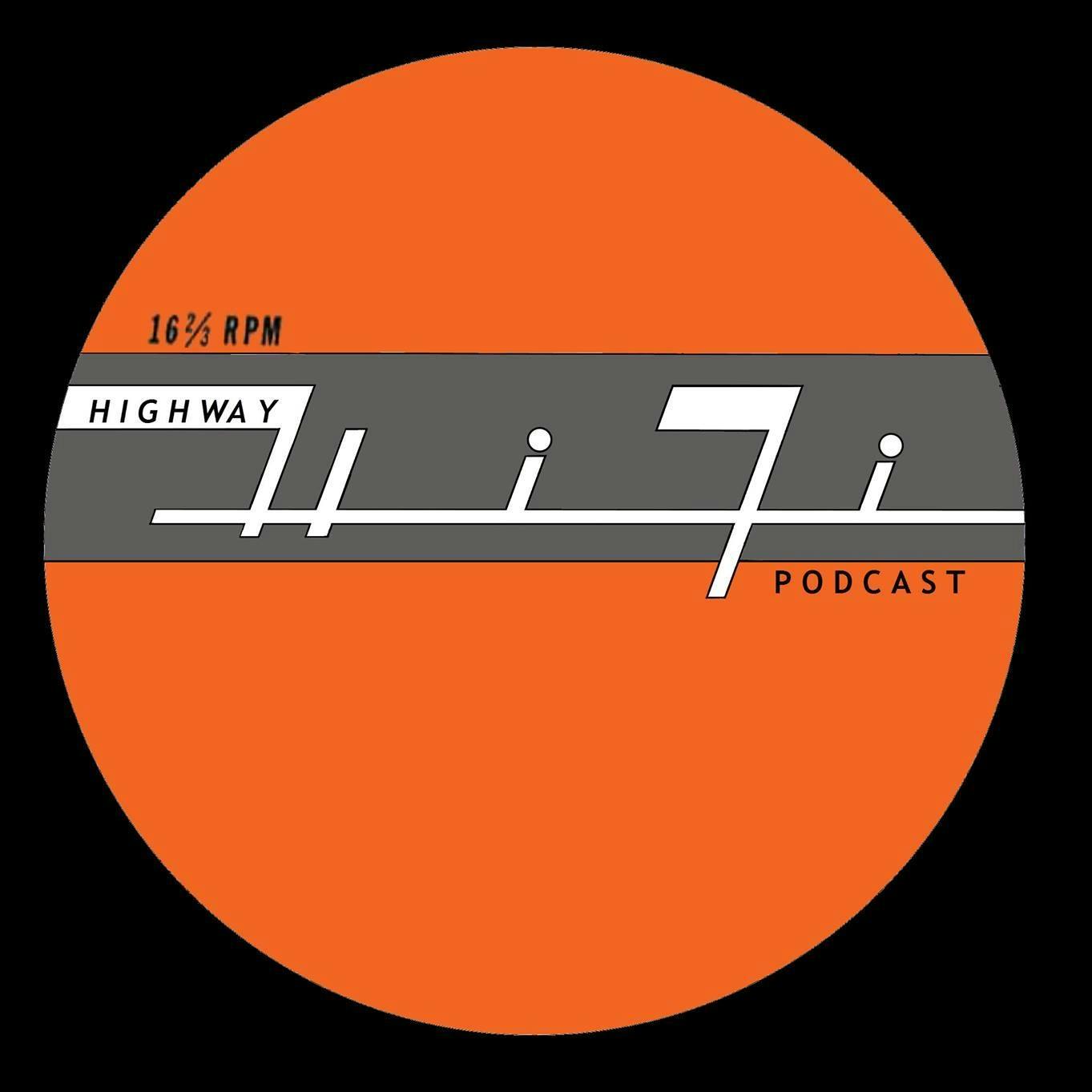The History of Laughing Records (Episode 77)
Description
For being studied from philosophical, sociological, psychological, and biological perspectives for centuries, there is no one unified theory on the meaning of laughter. A common condition of all cultures, every person is susceptible to these involuntary responses. As Aristotle put it, “Humans are laughing animals”. One factor that most Gelotological philosophers and scientists agree upon is that laughter is an essential social tool. Laughter creates connection, expresses emotion, adds conversational context, signals acceptance, creates positive feedback loops, acts as a defense mechanism, and helps to ferret out the weak and embarrass them. In short, laughter is how we bond. It’s how we tell others and ourselves that things are going to be okay. Social, emotional, and cognitive regulation. A primitive means to deal with our unpredictable, inconsistent, and intense existence. 1900s French Philosopher Henri Bergson wrote that laughter was a collective apparatus that causes a separation from logic and emotion which allows society to intellectually adapt to situations, balance moral quandaries, and correct eccentric behavior. Of course, not too many people are worried about where laughter comes from or what it does, we just know that videos of men sustaining testicular injuries is never not funny.
All this begs the question...what do you get when you cross a joke and a rhetorical question? In the 1920s, an answer to that might have been the laughing record fad. 78s featuring uncontrollable cackling took hold of the culture causing a sort of mass hysteria in the sitting rooms around the world. It was a regular pole-sitter laughageddon. Inexplicably, millions of people could not get enough of songs that were interrupted with the wild pre-recorded howls and snorts flatulating from their Victrola phonograph machines. The bizarre novelty record phenomenon had a long lasting impact in both humanizing the nascent technology and laying the groundwork for embedded laugh tracks to assist audiences with remembering the hilarity they were witnessing. On this episode, we chuckle, chortle, snicker, titter, giggle, and guffaw our way through the bust-your-gut history of laughing records.
Primary sources for this episode:
Ian Nagoski of Canary Records
Cary O'Dell - Library of Congress
Vocal Tracks by Jacob Smith
Highway Hi-Fi is a proud member of the Pantheon Music Podcast Network - Home of the Finest Music Podcasts
More Episodes
Today, we look at the albums and labels that were born to lose money. The artifacts of music industry mischief and copyright chicanery. So, go ahead and file an extension on your common sense. Declare the next hour or three a total loss and adjust your gross. Put your dependents to bed and audit...
Published 03/20/24
Published 03/20/24
Animals and robots might seem like strange bedfellows for rock albums, but once you know what you’re looking for, they are hard to miss. There are hundreds of examples of bands who have piped in animal noises for any number of reasons: to provide atmosphere, as a story-song plot device, just to...
Published 12/20/23


